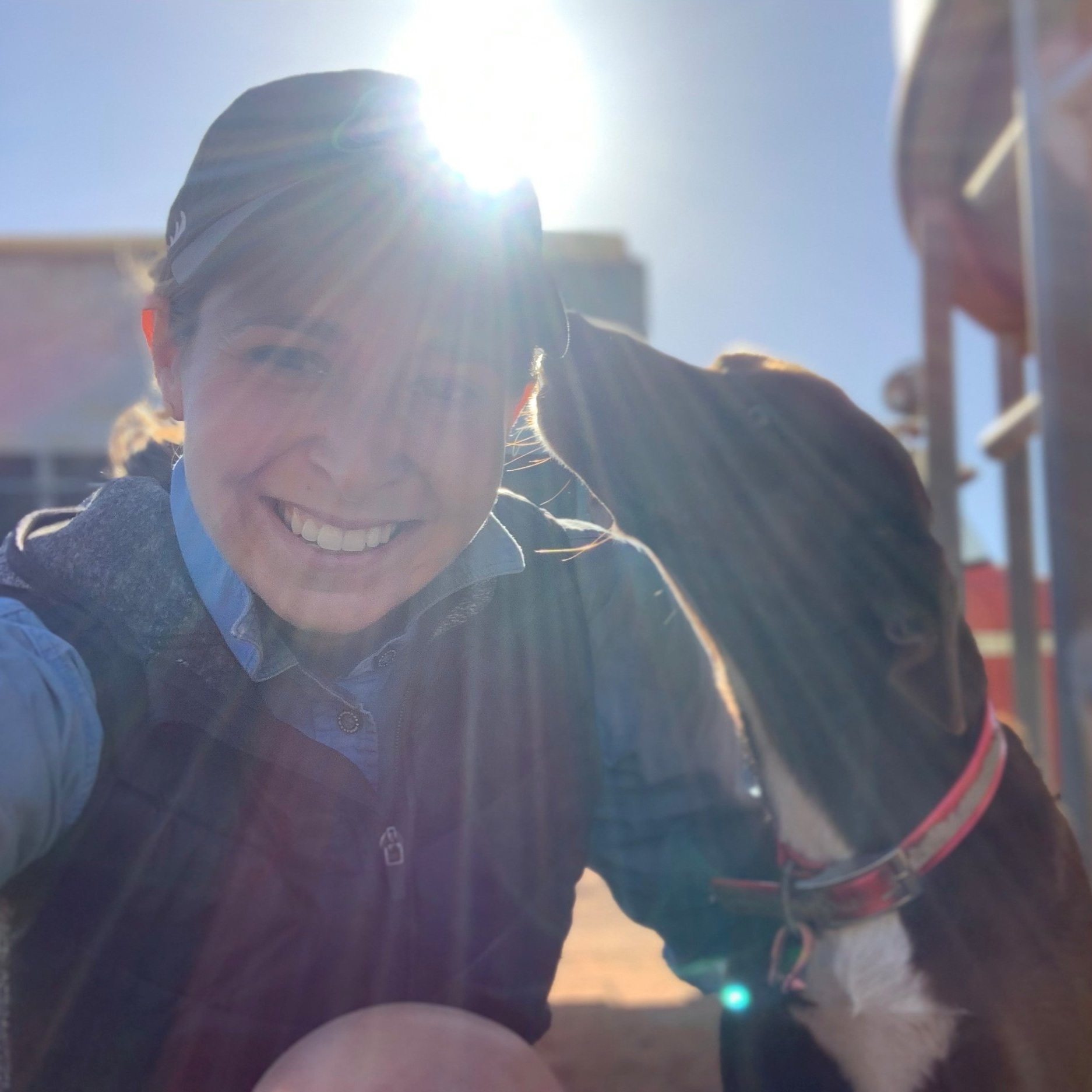STEM Skills Shaping The Next Generation of Female Farmers
Words by Maggie Marshall
A new generation of confident, well-educated young women are positioning themselves as key players in Australian agriculture by applying their skills in STEM (Science, Technology, Engineering and Mathematics) to give them a competitive edge.
Jessie Davis, a 28-year-old wheat and sheep farmer from Narembeen, Western Australia, is a STEM super woman. From cropping, to managing livestock and commodity trading, Jessie relies heavily on a STEM skillset to position her firmly as a strong figure in agriculture.
Jessie’s family business is Prime Lamb Enterprise Merino Ewes and Suffolk Rams. The business runs 1,500 merino ewes across 1,200 hectares and crops about 2,800 hectares with wheat, oats and lupins.
In spite of making up half the agricultural workforce in Australia, women are significantly under-represented in positions of rural leadership and decision-making. An increasing focus on skills in STEM is driving a significant shift as well-educated women take a hand in transforming the business of farming.
As a boarding student at Penrhos College in Perth, Jessie felt the opportunities presented across the STEM spectrum set her on the right path for a career in agriculture, an industry which powers 1.6 million Australian jobs.
Along with the key STEM subjects (Chemistry, Physics, Biology, Geography, Maths and English) identified by her Careers Advisor, Jessie highly valued the naturally complementary suite of analytical, problem-solving skills she developed.
STEM ROADSHOW TO THE WHEATBELT
Over the coming weeks, Penrhos College will be activating a series of immersive STEM experience for girls and boys of all ages in regional Western Australia. Their scientific hub of interactive workshops will demonstrate exciting STEM concepts using virtual reality, coding and robotics. To register a free spot in one of the below workshops please follow the link here.
Mukindbudin Tuesday, 28 May 2019. Kellerberrin Wednesday, 29 May 2019.
Early on, Jessie recognised what she needed to equip herself with to get back to the farm as a key stakeholder in the family business. Having finished a Bachelor of Agribusiness degree at Curtin University, at the Muresk campus, she went on to work at Agworld (an ag-tech business) before taking a job at the Katanning Shire. Jessie’s career decision to return to the farm and follow the family tradition delighted her parents.
“I have been on the farm full-time for more than five years now, so I would say I am a partner in the business with dad rather than his apprentice,” says Davis.
With today’s fast paced technology and with the need to overcome constantly challenging environmental variables, farming just isn’t what it used to be. There is always a need for upskilling, combined with a deeper understanding of the land that drives this important business.
Narembeen lies on the eastern border of the central wheatbelt with a minimal rainfall of approximately 320 millimetres annually. This low fall puts increasing pressure on farmers to become as efficient as possible in every area. Consequently, they have become early adopters of a full range of tech solutions in order to retain profit margins and remain sustainable in business.
“Calculating seeding, chemical and fertiliser rates, understanding biology and genetics, calculating ram and lambing percentages and international grain marketing are part of my day-to-day operations,” says Davis.
Examples of trailblazers like Jessie demonstrate the need for analytical, problem-solving STEM-related skills which are increasingly considered of critical importance in farming.
“I’ve recently been voted into a Director’s position on the WA Farmers Board. This is a new challenge for me in the advocacy area. I’m looking forward to working in the Ag Professional scene again,” says Davis.
Australia has traditionally celebrated a masculine national identity, celebrating the values, myths and stories of bushmen and bushrangers and little value has been placed the significant role of women in agriculture, food and fibre industries. With farmers like Jessie leading the charge, it’s clear that well-educated women are fundamental to Australia’s future in farming.




